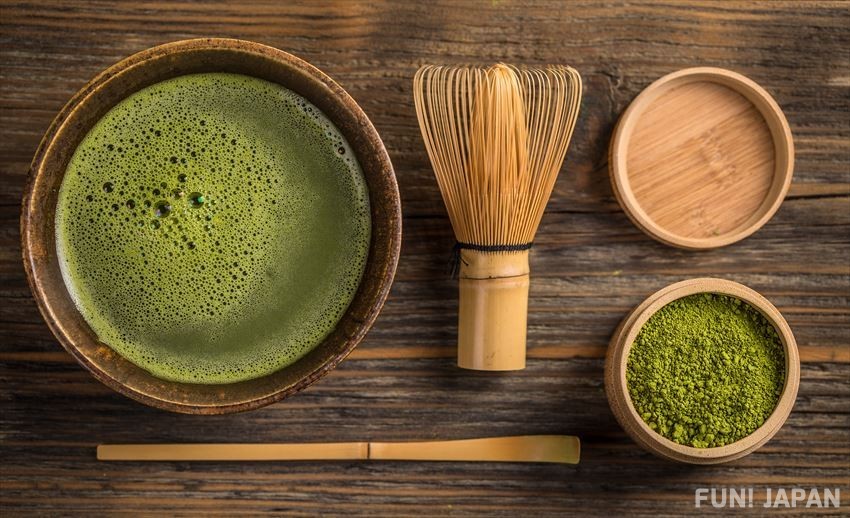
Uji tea in Kyoto is assigned as “Top three Japanese Tea” together with Shizuoka tea and Sayama tea. However, Uji Tea attracts the most attention among these three types of tea. Many types of tea has been produced through different production methods and processing methods due to the birth of Uji green tea. Since then, Sado (Japanese tea ceremony) has developed into another greater stage.
One of Japan's top three Japanese tea: Uji tea
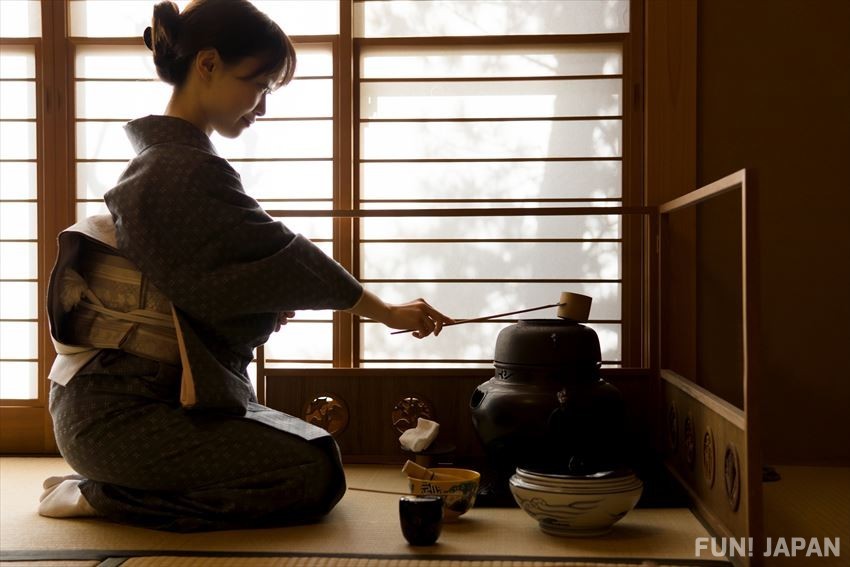
During the Tang Dynasty in China, Japan always dispatch Japanese envoys to China to study about the institution and culture, etc. Therefore, tea culture has spread in Japan during that time. However, since the tea was very precious that time, only nobles and monks could drink tea during that period.
In the 12th century, the priest whose name Eisai has traveled to China during Song Dynasty and was fascinated with the tea which was a common drink among the citizen. Thereafter, he brought back the tea seeds and started to study for tea planting after he returned to Japan. The Uji tea in the south of the Kyoto has the great quality due to the suitable geography and climatic conditions. The rumor of Uji tea was then spread quickly throughout Japan.
After that the tea culture has boomed and reached the peak in the 16th century by the means of socializing monks and samurai’s activities. Even Oda Nobunaga and Toyotomi Hideyoshi who were famous during Sengoku Period are also into the charm of tea culture. Hideyoshi is particularly keen on the tea which produced from Uji, and it is said that the Uji tea has become the luxurious tea brand since that period. Even now, Uji tea is still one of Japan's top three famous tea, and is loved by people all over the world.
Various types of Uji tea
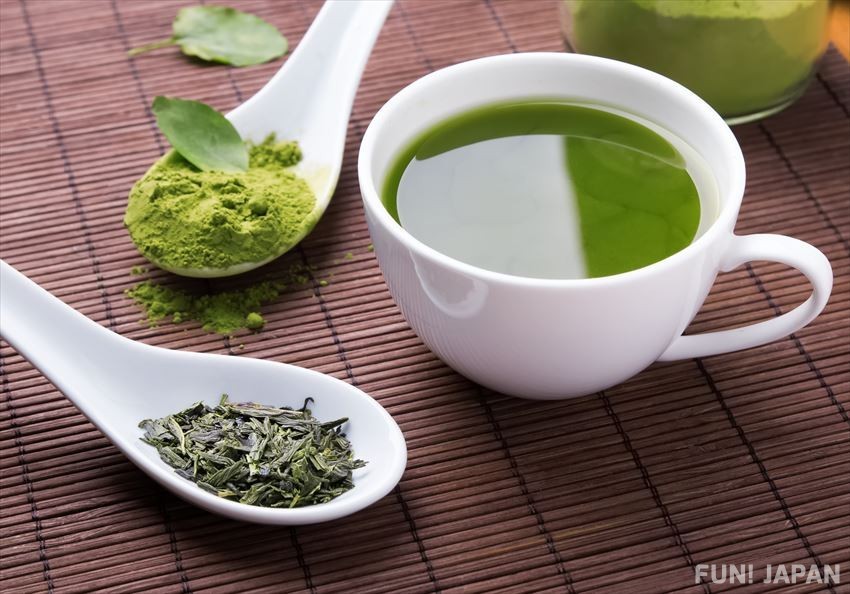
The tea are divided into green tea, black tea and oolong tea depending on whether the tea is fermented or not fermented. Uji tea is one type of the green tea. Green tea is one of non-fermented tea leaves which has the fermentation process stopped by steaming heat treatment after it was plucked. By stopping the fermentation process immediately after plucked, the leaves manage to maintain in green color which is the main characteristic of green tea. Although this technique is originally came from China, the technique is gradually disappeared in China but conversely it was spread well in Japan.
Due to various production methods and processing methods, the taste and flavor of tea differ and from there various types of tea are produced such as Gyokuro, Kabusecha, Tencha, Matcha, Sencha, Hojicha, Genmaicha, etc. Among them, Gyokuro is the most luxury tea. This is provided the tea which planted in the Uji area and processed in Kyoto are called as Uji tea.
Why does Uji Tea become so famous?
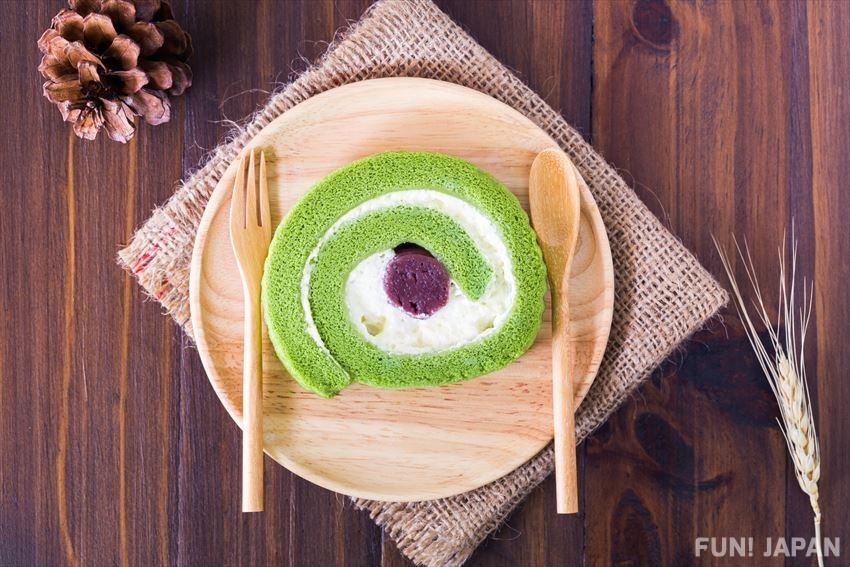
In the 16th century a cultivated method called “Covered cultivation” which was developed in Uji. This method uses shelve to cover the tea from sunlight, in order to increase the flavor and at the same time able to reduce the bitter taste of the tea. Uji Matcha was born from this cultivated method. When you practice Sado, you have to be careful of tea making stuff, drinking manner and other manners, water temperature, etc. Sado has also become a very characteristic cultural assets of Japan.
Matcha is used not only to make healthy drinks, but the powdery Uji matcha is used for various Matcha tasted desserts making. As many matcha desserts such as Matcha pancake, Matcha cake, Matcha Daifuku, Matcha Tea Parfait, Matcha Ice, Matcha Chocolate spread to people all over the world, “Uji” the name itself has already become a synonym of Matcha.
Even though Matcha can be eaten anywhere, but do consider planning a trip to Uji in Kyoto to visit old good temples which are registered as World Cultural Heritage, and tasting the original Matcha at the shop in a shopping district which has more than a hundred years history since founded?
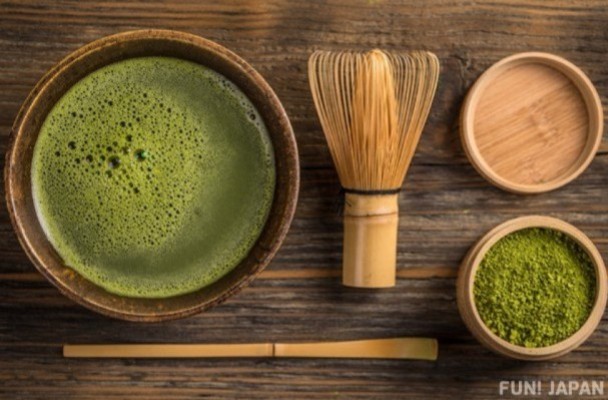
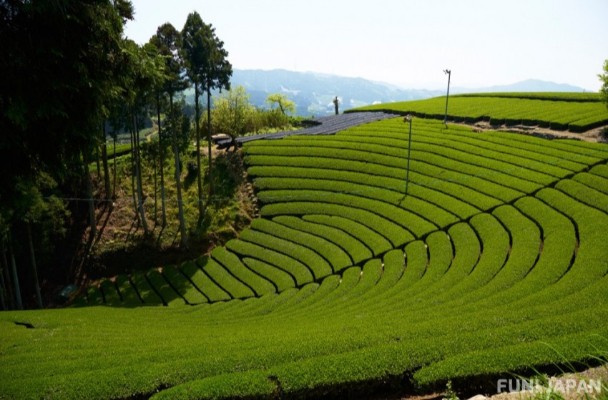
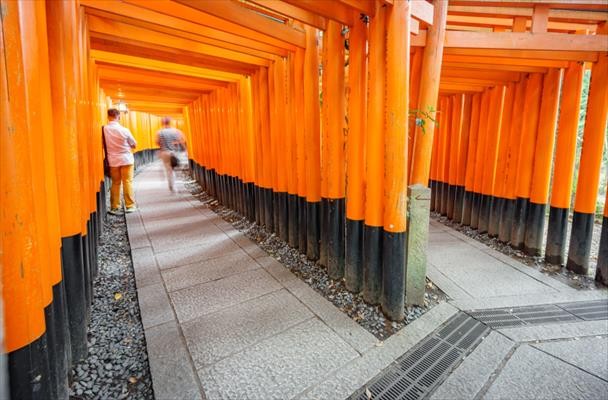
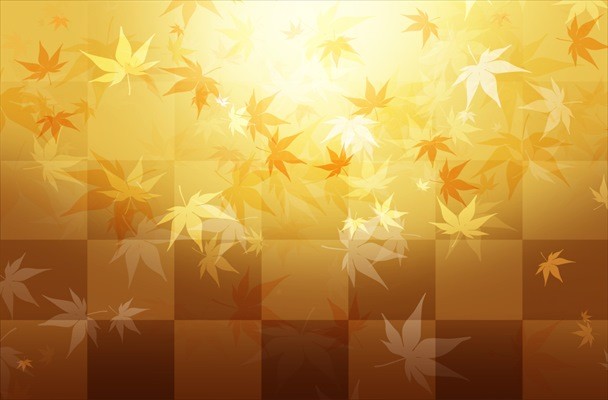
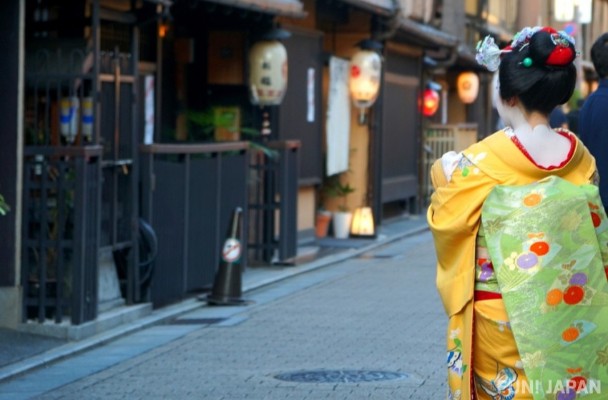
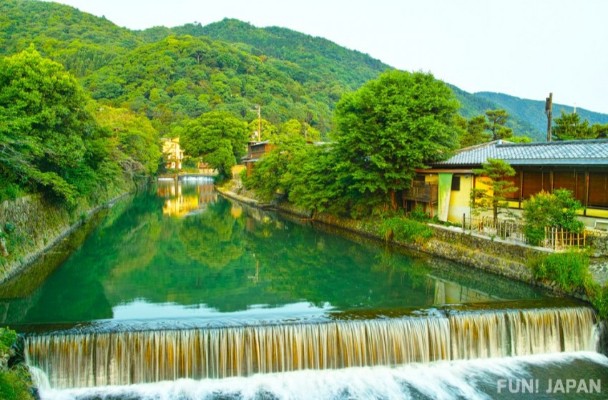
Comments